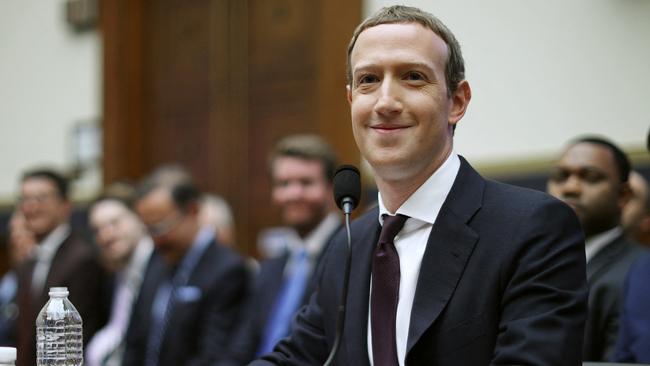
There has never been a challenge like this before. Big Tech has penetrated our lives, our brains, maybe our souls. It offers path-breaking efficiencies and daily conveniences. It has transformed human relations, commercial transactions and the social community.
Historical comparisons with John D. Rockefeller’s Standard Oil Company and J.P. Morgan’s US Steel Corporation have little use when assessing the tech giants. They have created a new product – human attention – and monetised it to fabulous profits, in effect creating a clientele hooked on the digital world that, once experienced, can hardly be surrendered.
At stake is the human mind and our social order.
Big Tech intimidates and challenges governments and nation-states. It is already too powerful for any but the strongest state to check and contain. Its allegiances and loyalties exist only to itself. And Australia now confronts this issue again with the decision by Meta, formerly Facebook, that it will not renew the existing 2021 deal with Australian publishers under which Big Tech paid media companies for the use of their content.
Former Australian Competition & Consumer Commission chairman Rod Sims, instrumental in designing the news bargaining code, said Meta’s latest decision was “as arrogant as it is damaging to Australia”. This is not just a commercial decision. It is a decision that penetrates to the quality of Australian democracy and the long-run trend that will shape the success or otherwise of our society.
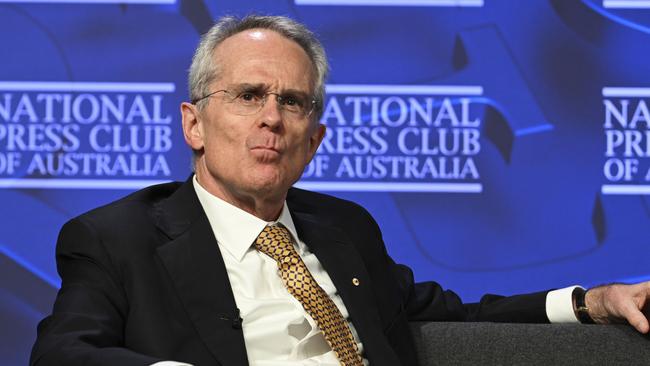
Interviewed by this column, Sims said governments had to adopt an expansive approach in meeting the challenge of Big Tech. “This is too important for our society and our democracy,” he said. “It is a pivotal moment for government policy because we have these dominant platforms – Facebook, Instagram, TikTok – that many people get their information from exclusively. If they don’t carry news, that undermines our democracy.
“Their business model is to keep you on the platform by providing you with what you want – a model that polarises and outrages. The government now needs to think really hard, it needs to think beyond the bargaining code, it needs to consult widely and assess all options. Just as an example, it should consider whether governments should require the platforms to carry news. Yes, there would be problems. The point is, we can’t just surrender. We can’t just leave this to the market. ”
In the past fortnight, in an interview with this paper, American social psychologist Jonathan Haidt, outlining the thesis of his new book The Anxious Generation, said there had been “a rewiring of childhood” under the impact of social media. “There’s never been anything this big that we’ve done to children,” Haidt said. His book documents just how fast Big Tech can transform our lives and society.
Haidt said: “While I cannot say that growing up on a smartphone is as bad as being lead poisoned or sent to work in a factory when you’re young, what I can say is that as a choice we made about how to raise our children thinking it was OK, this is the biggest blunder we have ever made.”
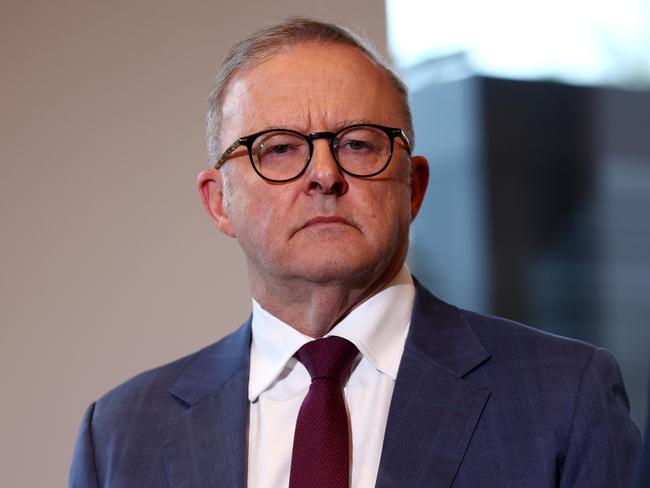
Yet we thought the tech revolution would help our families and society. Haidt said giving adolescents smartphones in the early 2010s meant Big Tech companies were able to use their techniques “all day long, training them like rats during their most sensitive years of brain rewiring”. He warned it was urgent to reverse these trends because “we are losing a generation”. He said the social media phone-based world was eroding democracy: “It’s hard for citizens to play their role in a democracy when we cannot establish shared facts. I don’t think we will again have shared facts or shared truths. This is going to make it very hard to have democratic deliberation.”
In 2021 Australia learnt the true nature of Big Tech. That was when Facebook blocked all news and government public service information – including emergency information – from its platform in an effort to break the Coalition government’s effort to achieve a world-first media bargaining code under which the tech companies had to pay media companies for use of their content.
“We don’t respond to coercion or heavy-handed threats,” treasurer Josh Frydenberg said at the time. But Frydenberg’s success in securing the code only postponed the conflict. Meta has never accept the principle of paying for use of news content. This new clash will become an exacting test for the Albanese government – but it occurs against a backdrop of more egregious Big Tech behaviour and more evidence of the social harm arising from its platforms and phones.
Anthony Albanese said Meta’s decision was “not the Australian way”. He said: “The idea that one company can profit from others’ investment – not just investment in capital but investment in people, investment in journalism – is unfair. We will consider what options we have available.”
Sims said the purpose of the code had been to correct a “market failure” that arose because Facebook and Google had a business model using the content of others to attract users to their sites but possessed such market power they weren’t paying for that content.
The issue facing Australia looks small compared with the epic damage provoked by Big Tech. But it is important and has a global import. A showdown has occurred in Canada where Meta retaliated with its ultimate weapon – blocking news articles from its platforms. Canadian Heritage Minister Pascale St-Onge told this paper Facebook was denying high-quality journalism while leaving misinformation on its platform, thereby making a “reckless” choice.
Sims said the combined agreements with the two companies had delivered close to $250m a year to support journalism. Given its refusal to renew, Meta was now deprioritising news media content from its algorithms to justify not paying for it.
“This attempt to protect its extraordinary profits comes at a serious cost to society,” Sims said. “Misinformation increases and democracy suffers. Meta is not producing a better product as occurred when the horse and buggy were replaced by the motor car. Meta’s actions will simply see less journalism.”
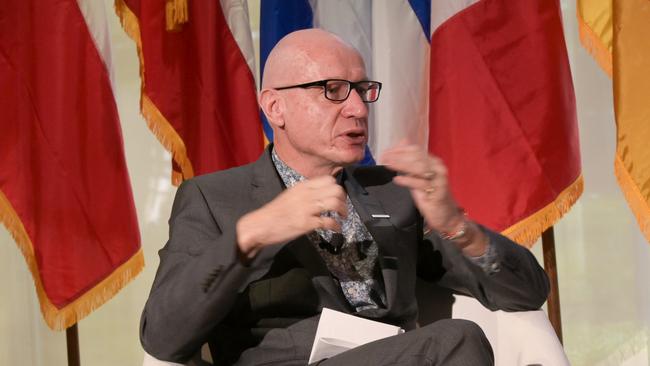
News Corp (publisher of The Australian) chief executive Robert Thomson said Facebook’s claim that only 3 per cent of usage related to news was “obviously a fiction”. He said the current era was one “where creators have been less rewarded than behemoth distributors”.
Thomson said it was important to get “genuine recognition of the value of our content” and that the public be provided with facts in the form of journalism when “the swirl or maelstrom of muck out there is disfiguring communities”.
Communications Minister Michelle Rowland and Assistant Treasurer Stephen Jones called Meta’s decision “a fundamental dereliction of its responsibility to its Australian users” that will have “significant impacts on local news publishers and journalism jobs”.
Last month at a London conference trying to check fraud on the platforms, Jones said: “I am astonished by the revelation here that Meta itself is the place where so much criminal activity is enabled – every company has a social licence and that includes social media platforms.”
Fine and justified words. But what leverage does the Albanese government possess? Sadly, not much. Australia is about to confront on a smaller scale the epic question facing democratic governments: what authority can the nation-state summon against the tech giants?
Do governments have the will and the nous to protect their children, their social fabric and their democracy? It is the question of the age. We can start at home.




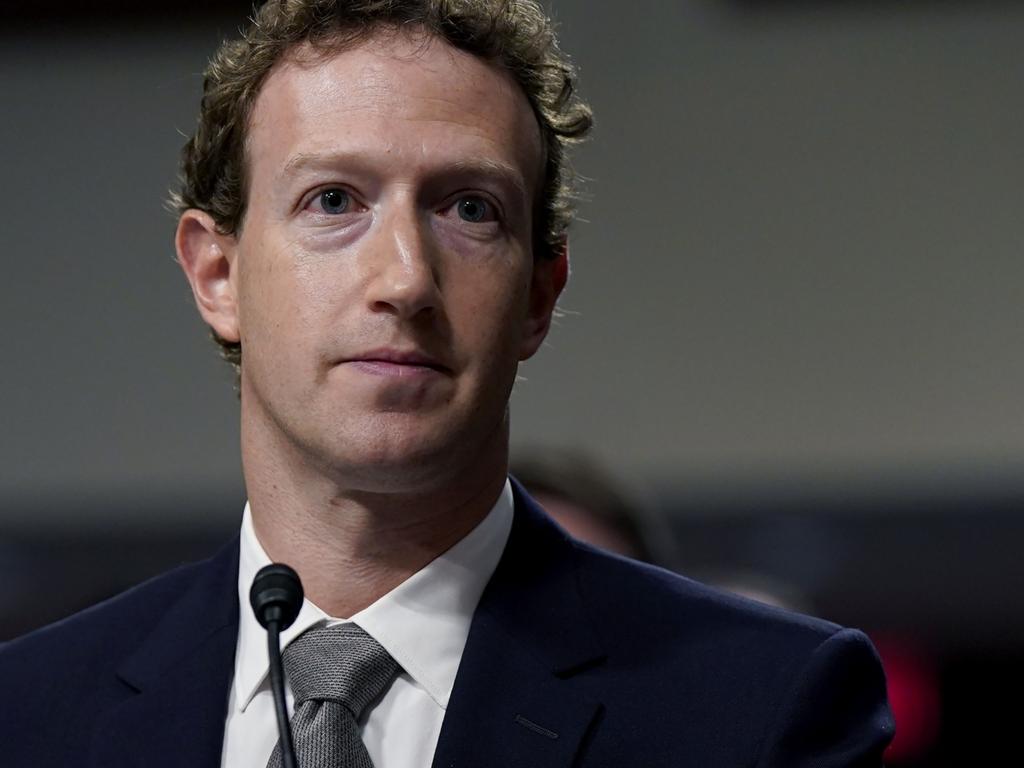



The global issue of the age keeps pressing upon us – whether government and parliamentary authority can contain and regulate in the public interest the activities of Big Tech companies with their financial power and the user dependency loop they have created for most human beings.